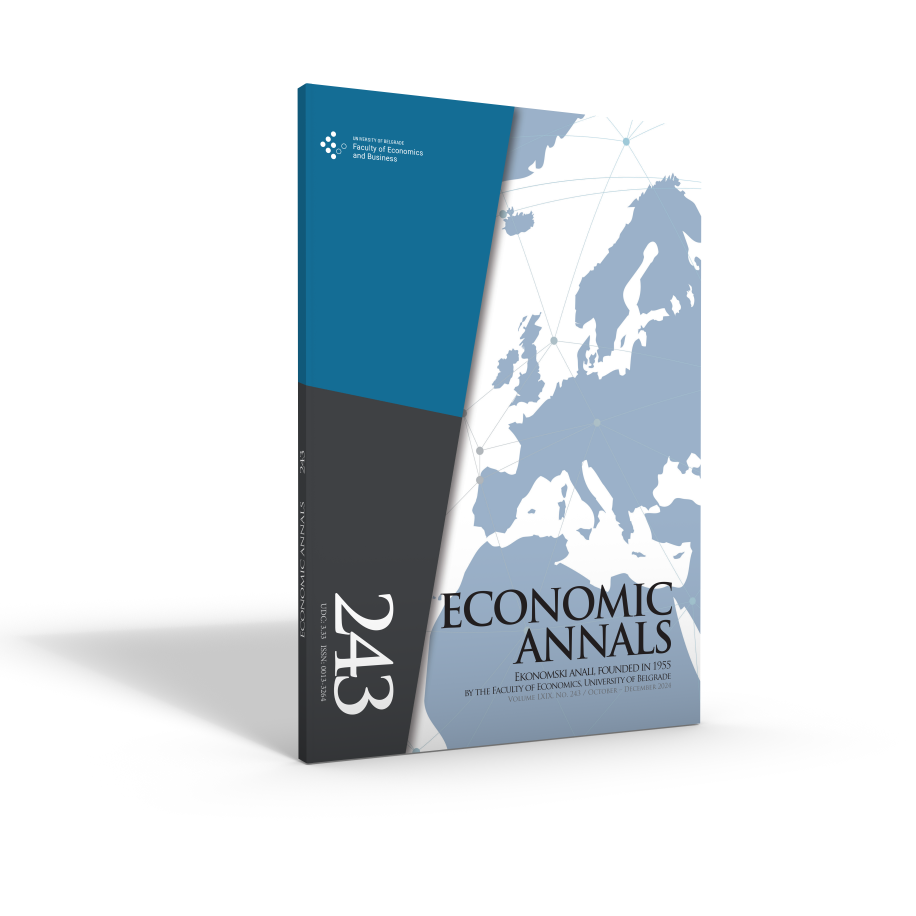GREENING OF SMEs IN WESTERN BALKAN COUNTRIES – EVIDENCE FROM FIRM-LEVEL ANALYSIS
##plugins.themes.bootstrap3.article.main##
##plugins.themes.bootstrap3.article.sidebar##
Nevenka Čučković
Abstract
The primary objective of this paper is to explore the determining factors and challenges that SMEs face in implementing green measures. A key focus is on identifying which SMEs, as key players in the enterprise sector, could potentially play a dynamic role in the green transition in the Western Balkan countries. To achieve this, a multinomial logit analysis was conducted on a sample of 1,160 firms from Montenegro, Serbia, North Macedonia, Bosnia and Herzegovina, and Albania. The results obtained reveal that internal factors (such as innovation and strategic orientation) and external factors (such as regulatory pressures and competition) significantly influence the adoption of green measures, particularly those that are more capital-intensive. The paper contributes to the literature by highlighting the complex interplay among firm characteristics, external factors, and the adoption of green practices.
##plugins.themes.bootstrap3.article.details##
SMEs, EU greening policies, Western Balkans, firm-level analyses

